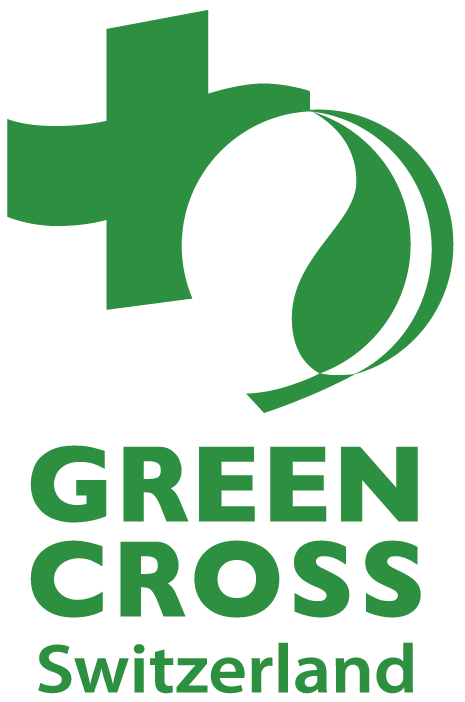Earth Charter
The transition to a sustainable world starts with a change in human consciousness and values. Green Cross advocates a paradigm shift in values, consumption patterns and attitudes towards nature and calls for a sustainable and careful approach to our planet. This attitude coincides with the Earth Charter proclaimed on June 29, 2000.
The Brundtland Commission on Environment and Development, which was named after the chairwoman and Norwegian Prime Minister Gro Harlem Brundtland, called for a new “Earth Charter” back in 1987, which was intended to guide state action towards sustainable development and contained new standards for intergovernmental and state action.
In 1994, an initiative to develop an Earth Charter was launched as a civil society initiative by the UN official and Secretary General of the Rio Earth Summit, Maurice Strong, and the founder and then President of Green Cross International, Mikhail S. Gorbachev. The aim of the Charter is to commit people to a responsible approach to the planet and it (the Charter) provides guidelines for action. The initial drafting and consultation process was based on hundreds of international documents.
In 1997, an independent Earth Charter Commission was formed to oversee the development of the text, analyze the results of a global consultation process and reach agreement on a global consensus document. The Commission finally reached an agreement in March 2000 and the Charter was officially presented and adopted as valid on June 29 at the Peace Palace in The Hague.
In the following years, over 2000 organizations, national and international associations and global institutions such as UNESCO and the World Conservation Union (IUCN) were won over to the Charter as part of an official support campaign. The Charter is the result of a worldwide, decades-long, cross-cultural dialog on common values and goals.

The Earth Charter has been and is increasingly recognized as a global consensus statement on the meaning of sustainability, the vision and challenge of sustainable development and the principles by which sustainable development is to be achieved.
What does the Earth Charter contain?
The Earth Charter is a document containing 16 principles. The Charter sets out principles and values that can be used to strive for and achieve sustainable development. The Charter derives its principles from international law, philosophy, UN summits and a worldwide dialog process on global ethics. The Charter is an ethical basis for measures to build a more sustainable, peaceful and just global society in the 21st century. The document is intended as an implementation tool for governments, communities, schools, individuals and businesses. The Charter is intended to serve as a vision of hope and a call to action to improve understanding of the critical challenges and choices facing humanity. The Earth Charter articulates an attitude of shared responsibility and global interdependence.
The Earth Charter document begins with a preamble, followed by four pillars: respect and care for the community, environmental integrity, social and economic justice, democracy, non-violence and peace.
Green Cross and the Earth Charter
Among the more than 2,000 organizations that supported the Earth Charter, Green Cross also backed the cause; as the then President of Green Cross International, Mikhail S. Gorbachev played a key role in drafting the document. In addition, the partner organizations of the Earth Charter Initiative active in Europe have been in contact since the development process of the document. Thus, the Earth Charter is a value basis for all activities of Green Cross International and is also endorsed by Green Cross Switzer-land.
There are several organizations and initiatives that are primarily dedicated to the Earth Charter. In German-speaking countries, the Ökumenische Initiative Eine Welt (ÖIEW) is the leading organization, while internationally, Earth Charter International, based in Costa Rica, supports the global Earth Charter movement with information, networks and educational opportunities.
International Earth Charter Day is on June 29, as this is the day on which the Earth Charter was published in the Peace Palace in The Hague.
Further information on these organizations and the Earth Charter can be found here:

